Sub-Saharan Africa’s Agriculture and COVID-19: How the Pandemic Will (re)Shape Food Markets
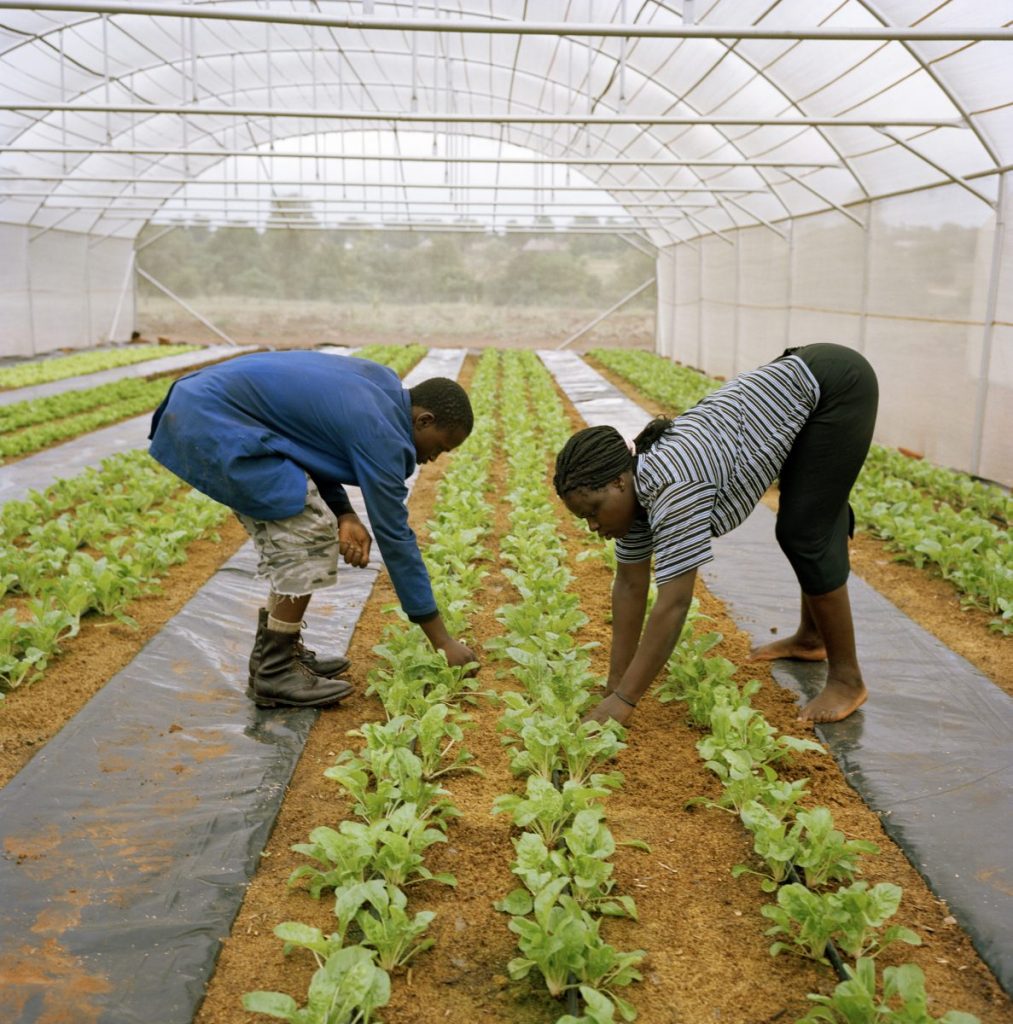
The COVID-19 pandemic has put the global food system under sustained pressure and has triggered various policy responses to manage both supply and demand.
Beyond post–genocide Rwanda
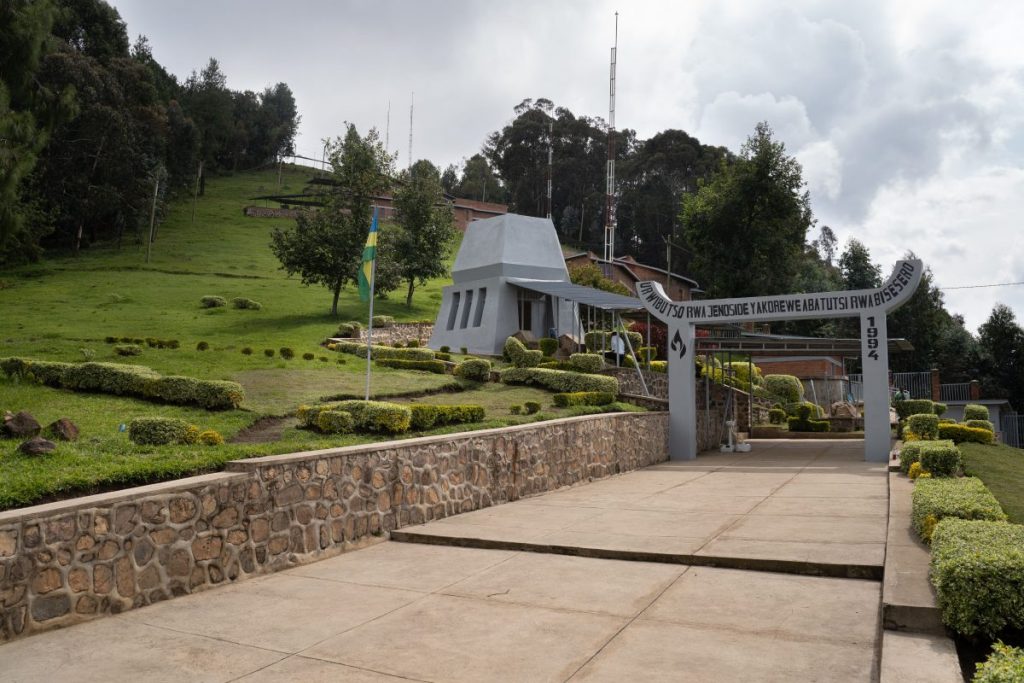
Beyond post–genocide Rwanda Michela Wrong’s latest book, ‘Do Not Disturb, the Story of a Political Murder and an African Regime Gone Bad’, is the story of just how far President Paul Kagame will go to control Rwanda’s postgenocide image and why it must be protected at all costs
Conservation Finance Options to Support African Post-2020 Biodiversity Priorities
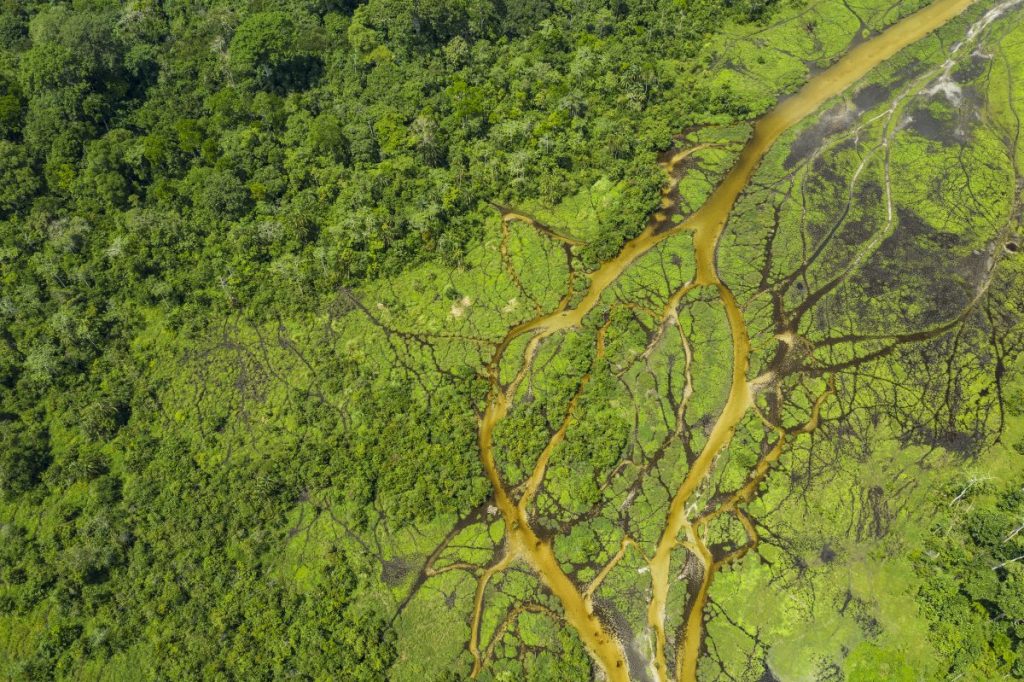
Globally, we are in the midst of an unprecedented environmental crisis, in particular of biodiversity loss and ecosystem degradation (the biodiversity crisis) and the compounding climate change crisis.
Convergence and Divergence in Emerging Donor Finance: A Comparative Analysis of Chinese and Indian Exim Banks in Ethiopia

The increased prominence of new and emerging donors in Africa has captivated scholarly and public policy attention. Most scholarship has focused on analyzing the developmental (or anti-developmental) outcomes associated with non—Western influence.
L’agentivité africaine « alimentée par la Chine » et ses limites : Le cas de la RDC 2007-2019
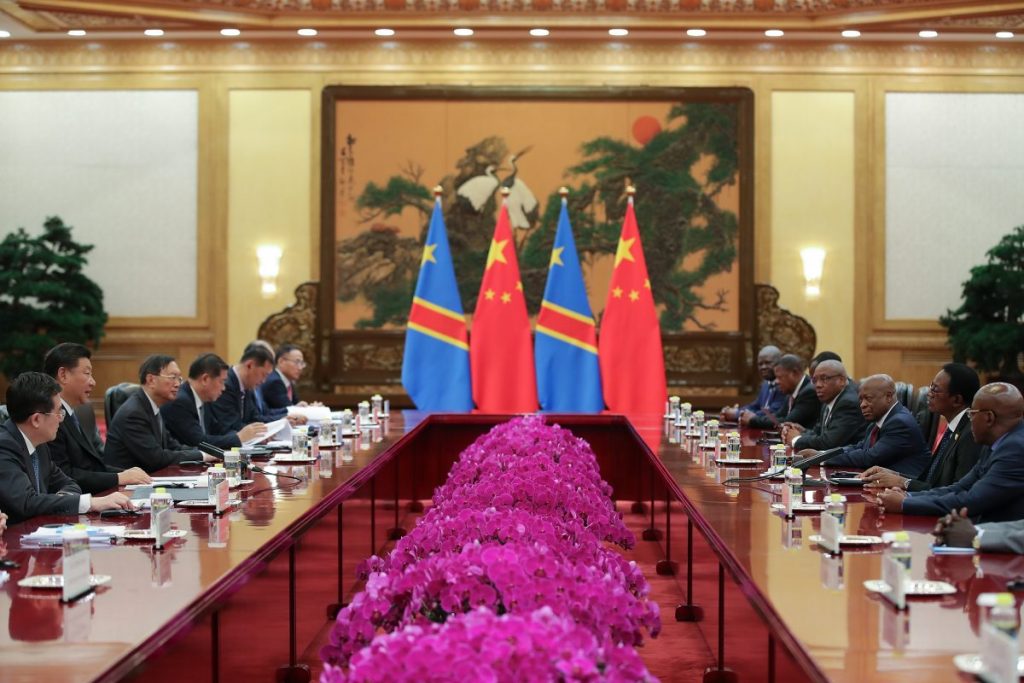
La Chine fournit-elle aux pays africains une agentivité – ou capacité d’action – « alimentée par la Chine » pour défier d’autres acteurs extérieurs dans leur propre intérêt politique ? Ce fut le cas en République démocratique du Congo (RDC) de 2007 à 2009.
Macroeconomic Policy Development: Lessons Learnt from South Africa during COVID-19

The depth and length of the economic downturn produced by COVID-19 is still unknown. COVID-19 hit South Africa on the back of a technical recession combined with growing public sector debt and a downgrade to junk status in March 2020.
Young people grapple with governance this Africa Day
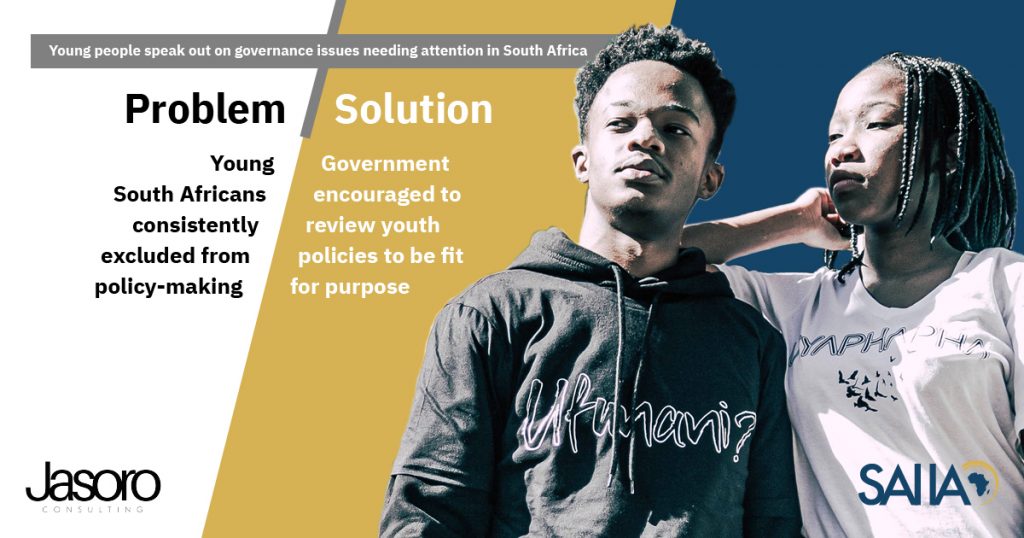
Every year on 25 May, Africans commemorate the founding of the Organisation of African Unity in 1963.
Youth submission to the APRM in South Africa
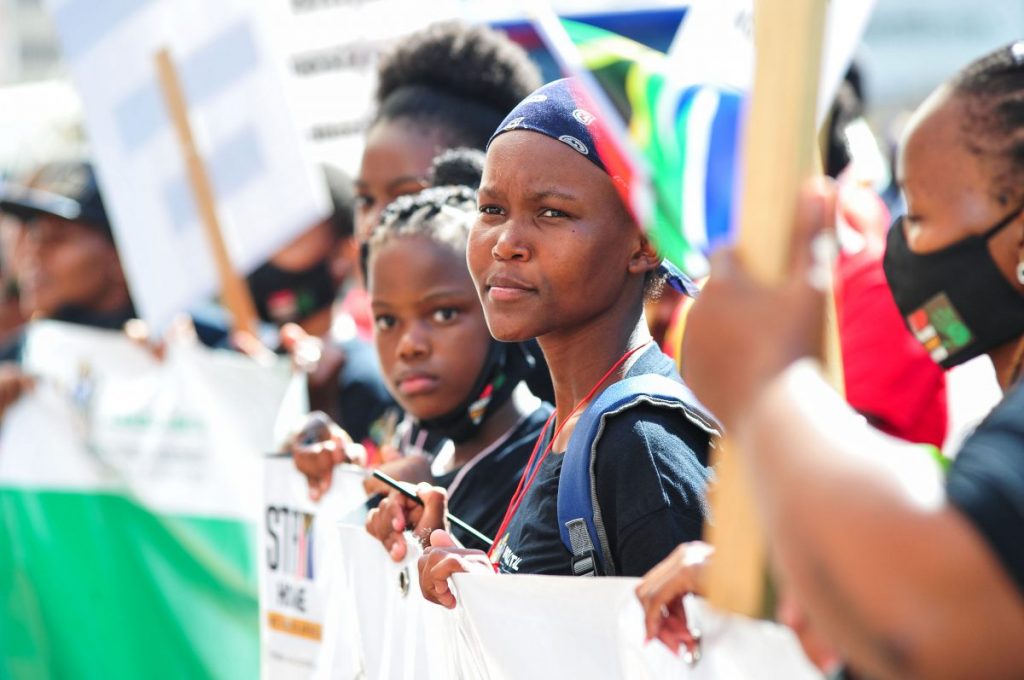
This report was compiled by young people and civil society organisations in South Africa during the course of 2020 and 2021, guided by SAIIA and Jasoro Consulting.
Nuclear Revival in North Africa? Developments in Algeria, Libya, and Egypt

This paper explores nuclear science and technology through the prism of three North African case studies: Algeria, Egypt and Libya.
Implications of COVID-19 for Climate Finance in Africa
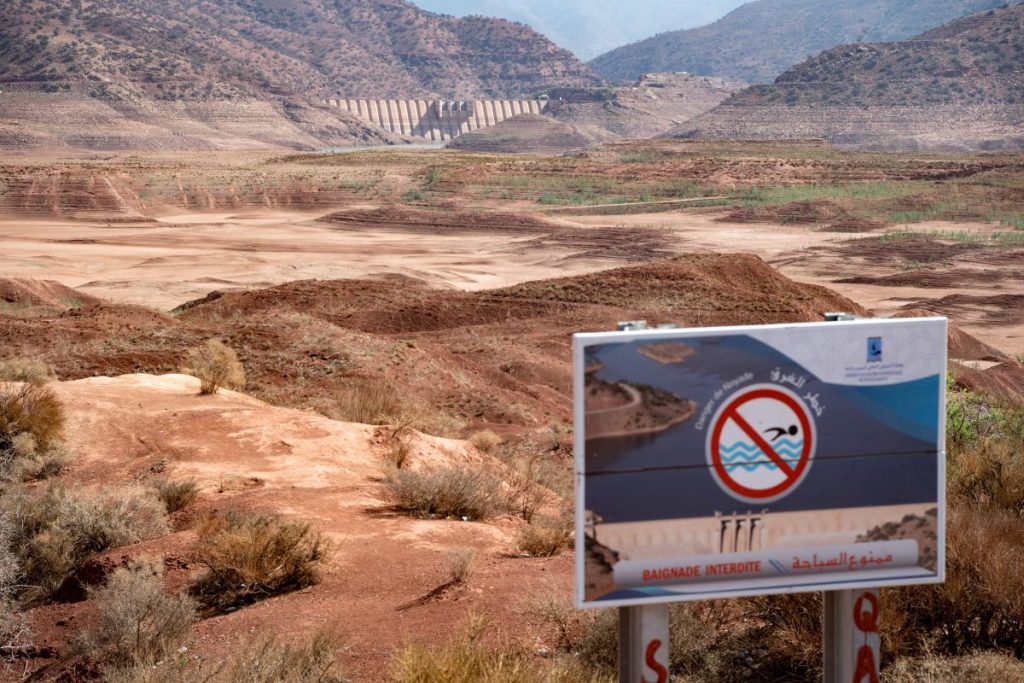
This occasional paper reflects on the impacts of COVID-19 on climate finance and how governments and financial institutions have responded to the challenge.
